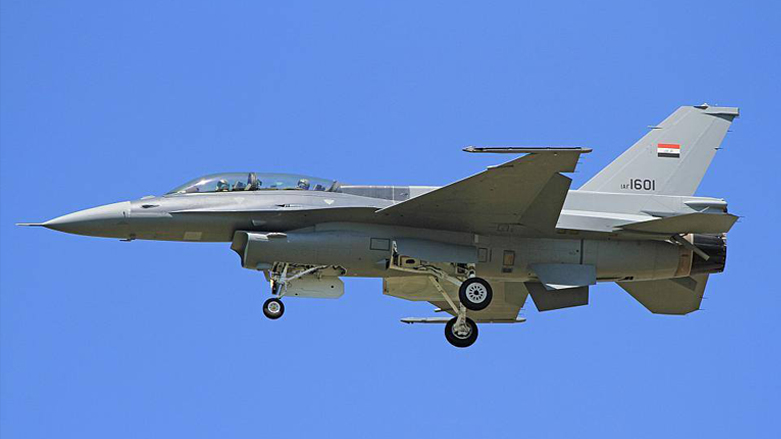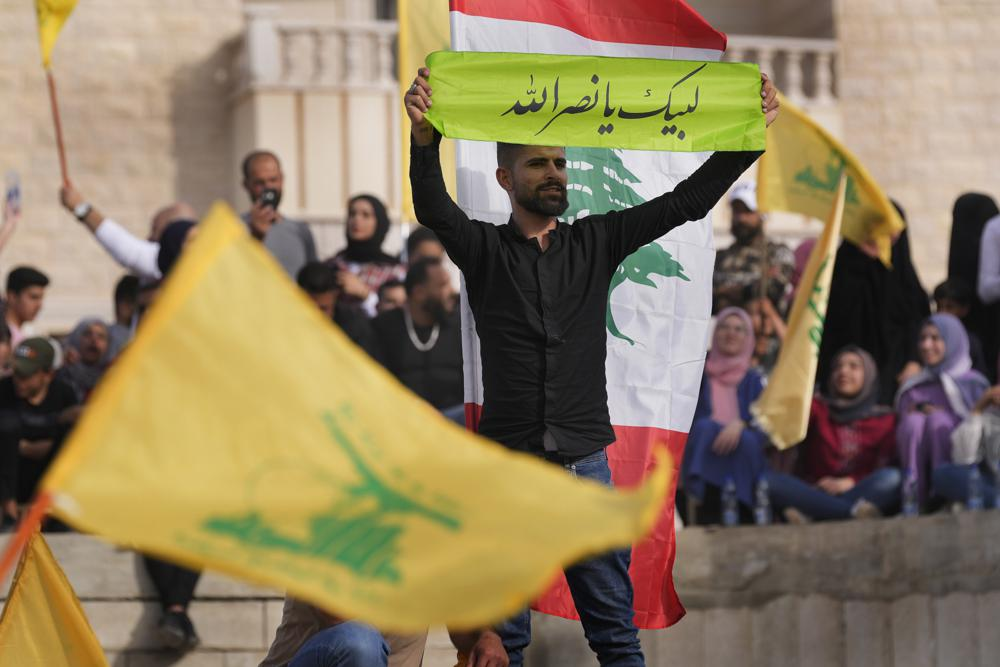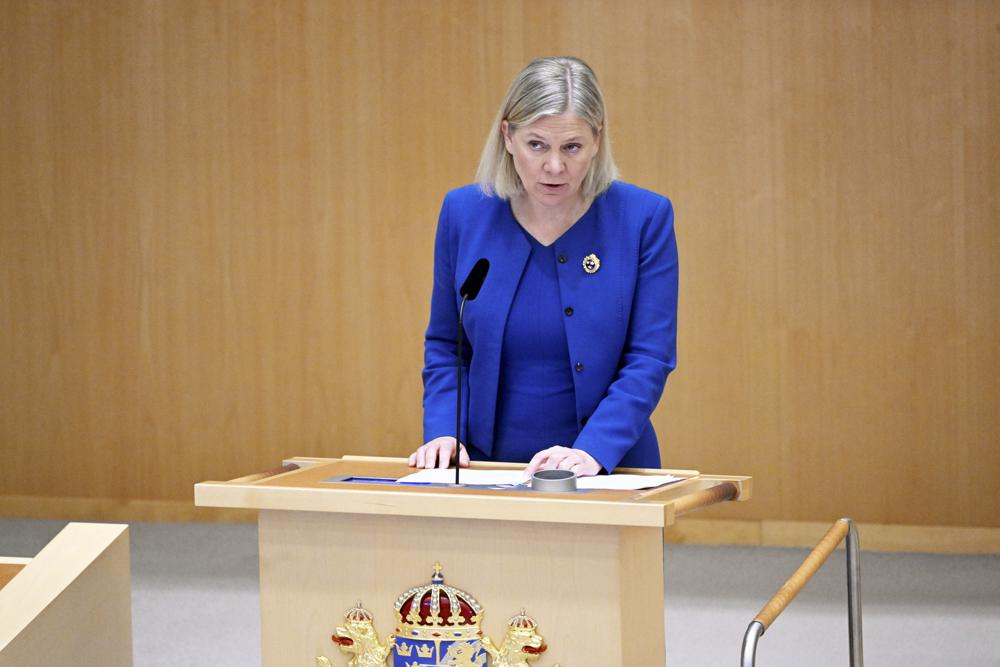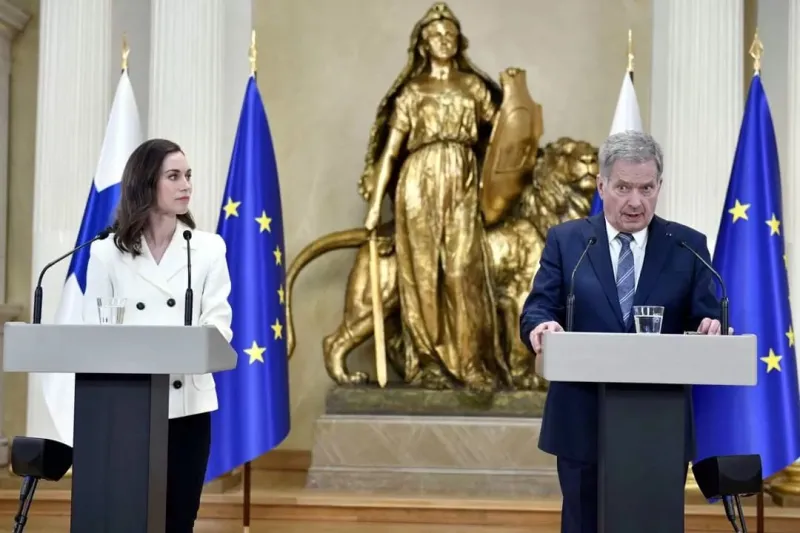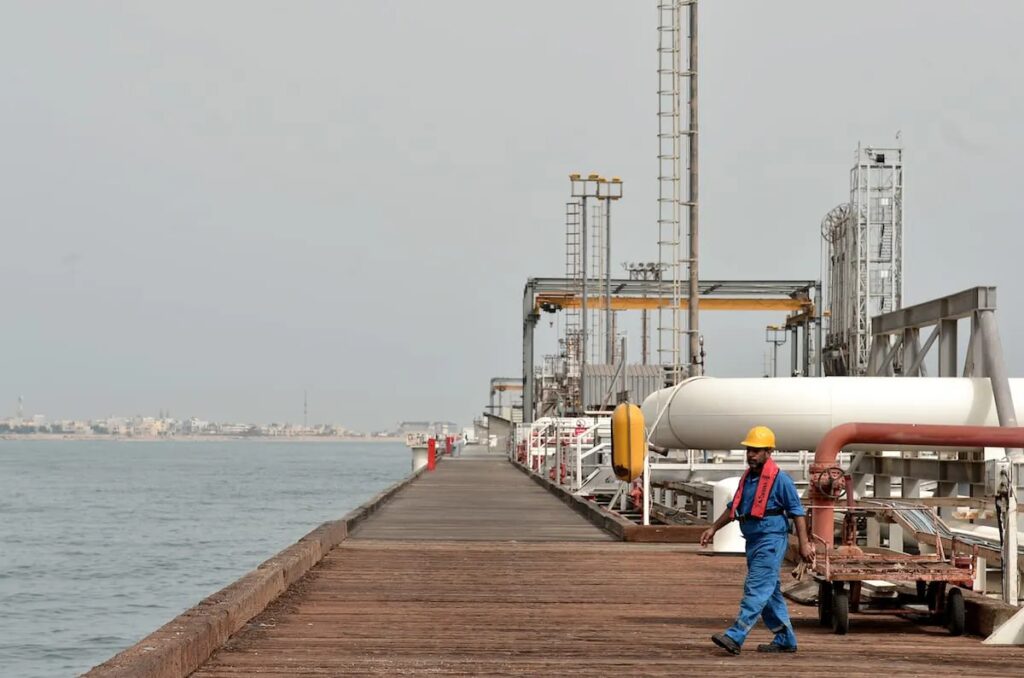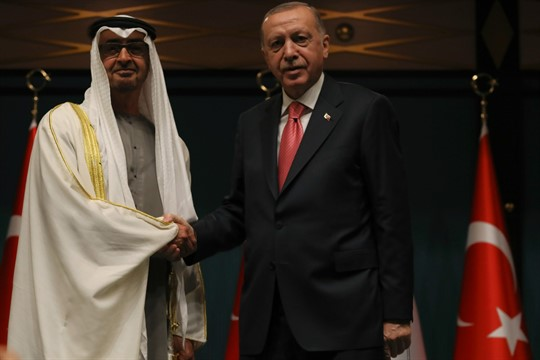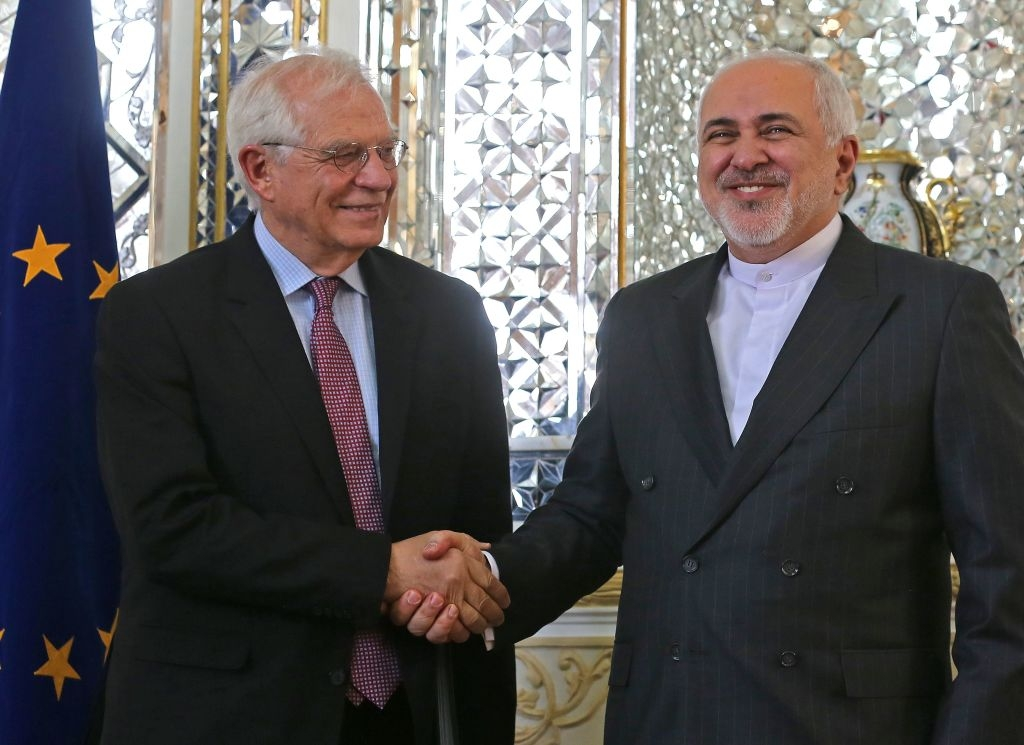Hizbullah Appears Likely To Lose Majority Following Parliamentary Election

Independent reformist candidates won at least 13 seats in elections for Lebanon’s parliament, and Hizbullah and its allies appear likely to lose their majority in the 128-member assembly, according to reports. The results of the weekend election were announced on Tuesday by Lebanon’s Interior Ministry; Voter turnout was historically low with a reported 41% participation rate. It is the country’s first parliamentary election since being seized by a major financial crisis.


